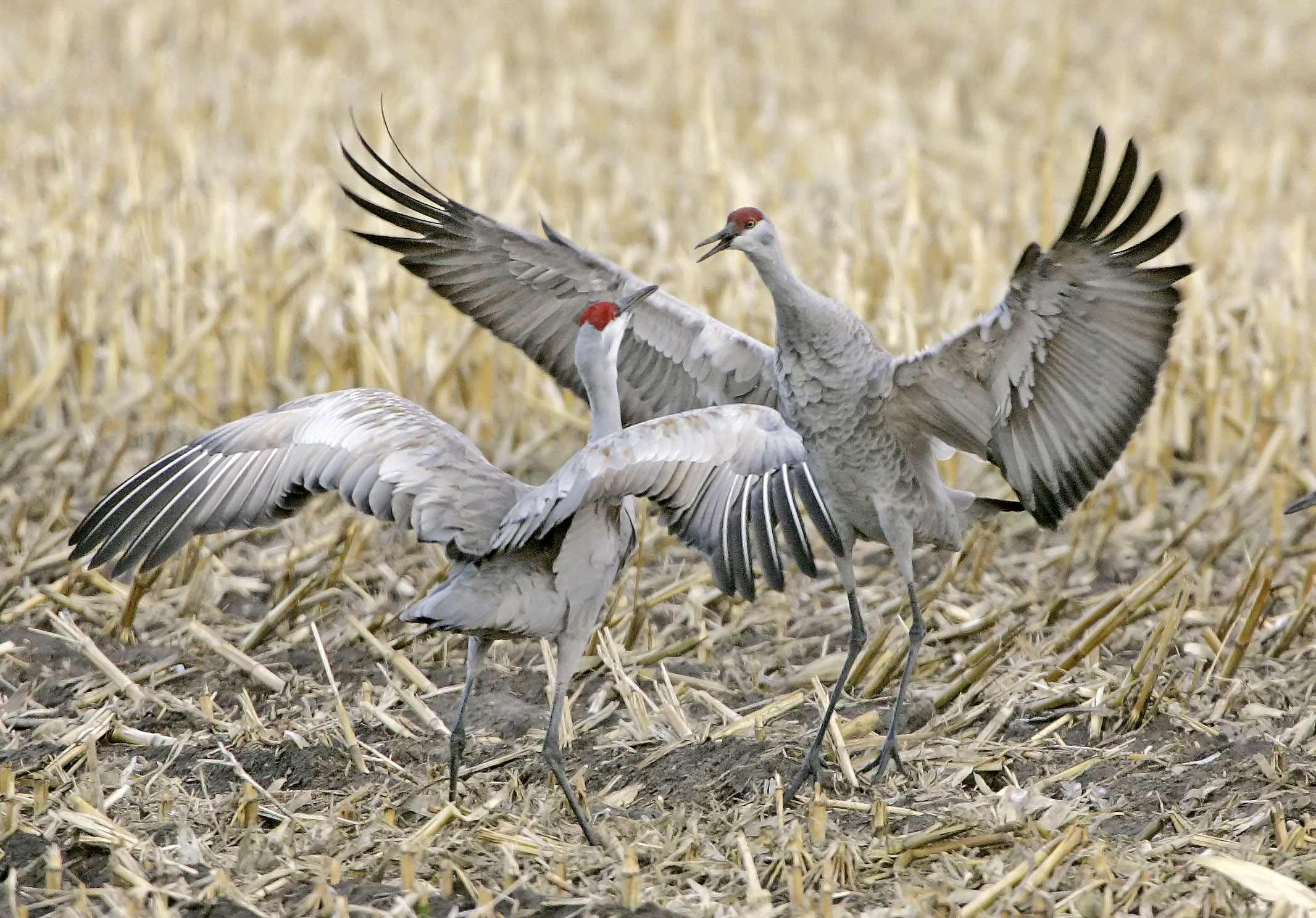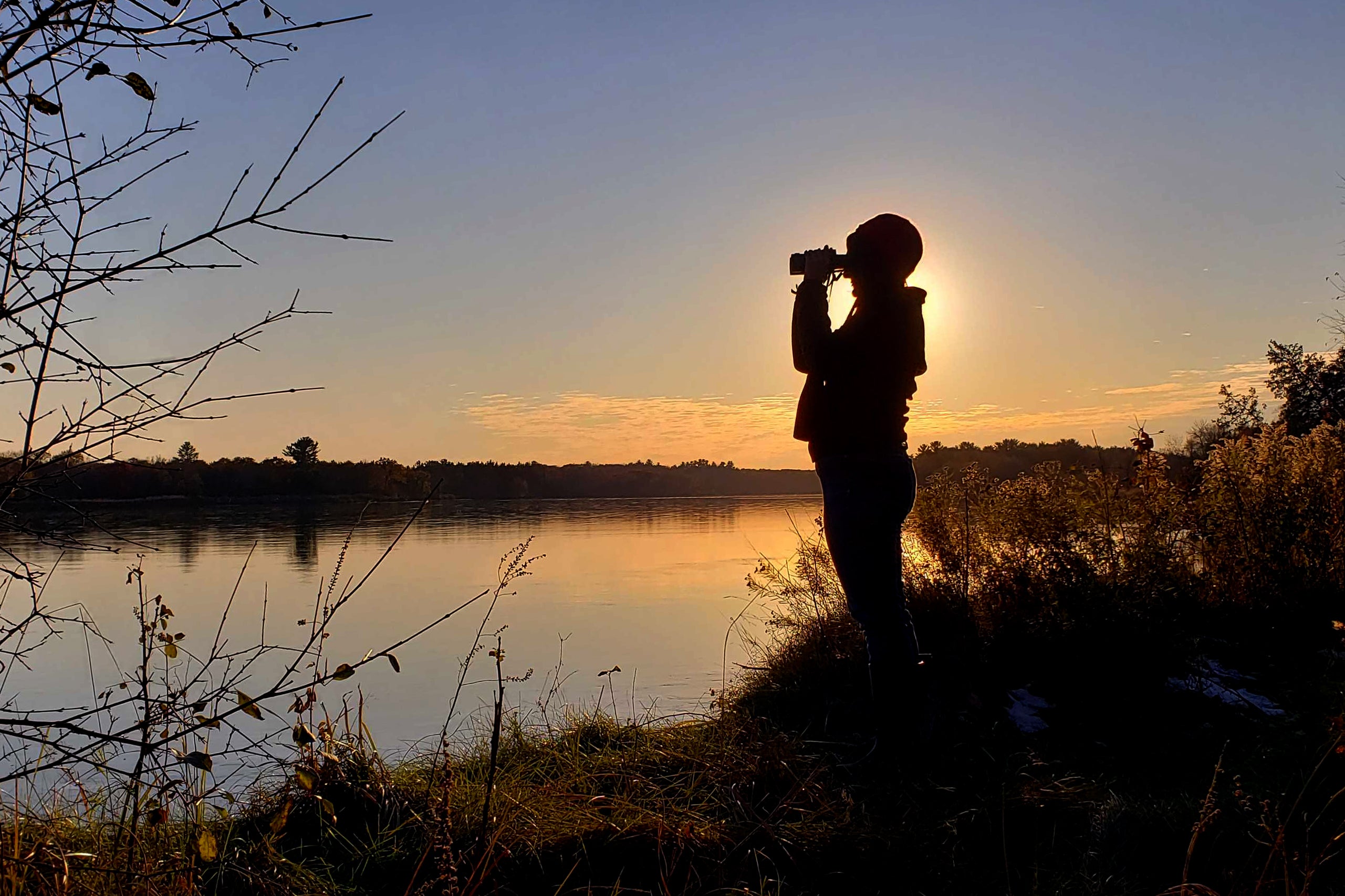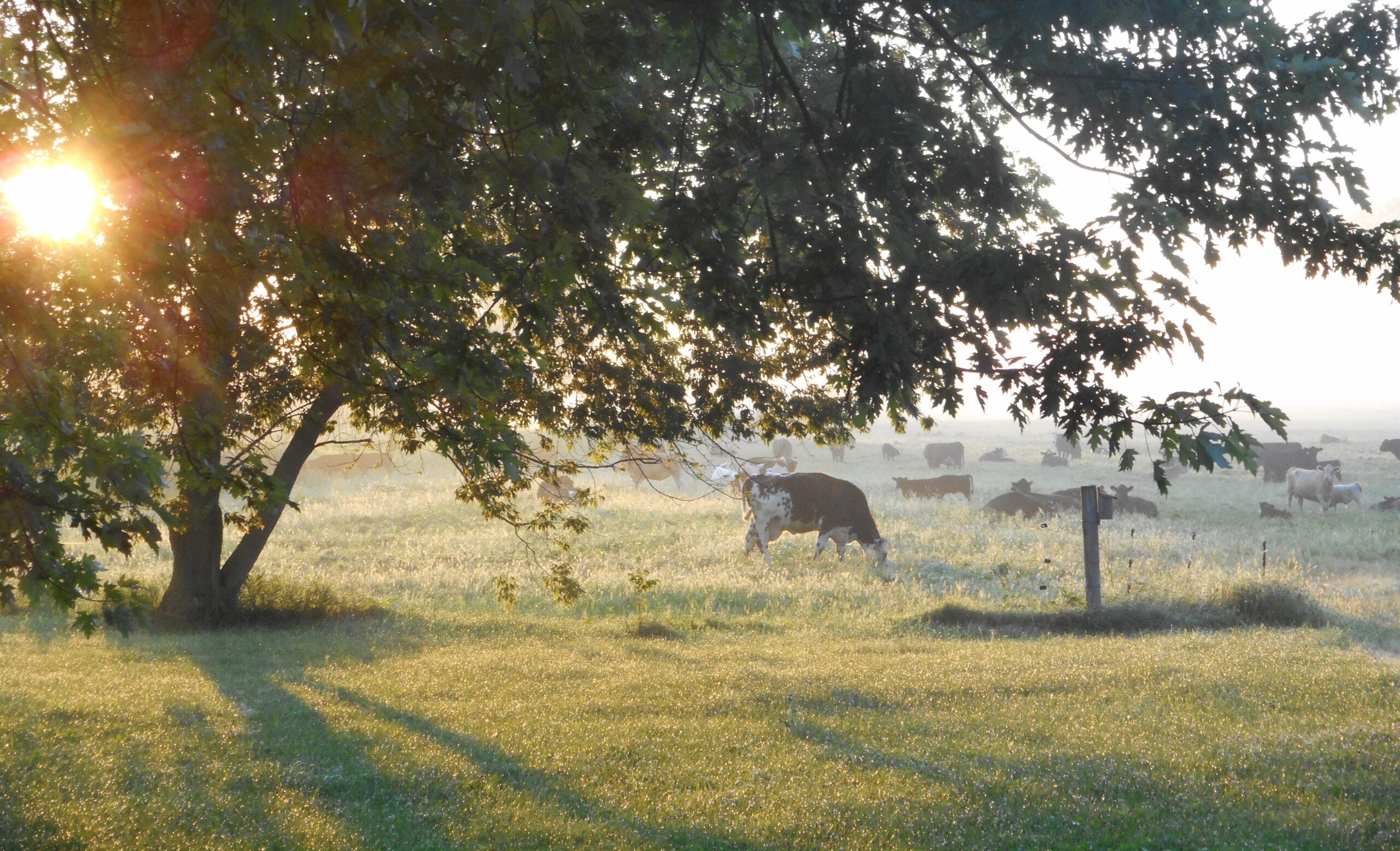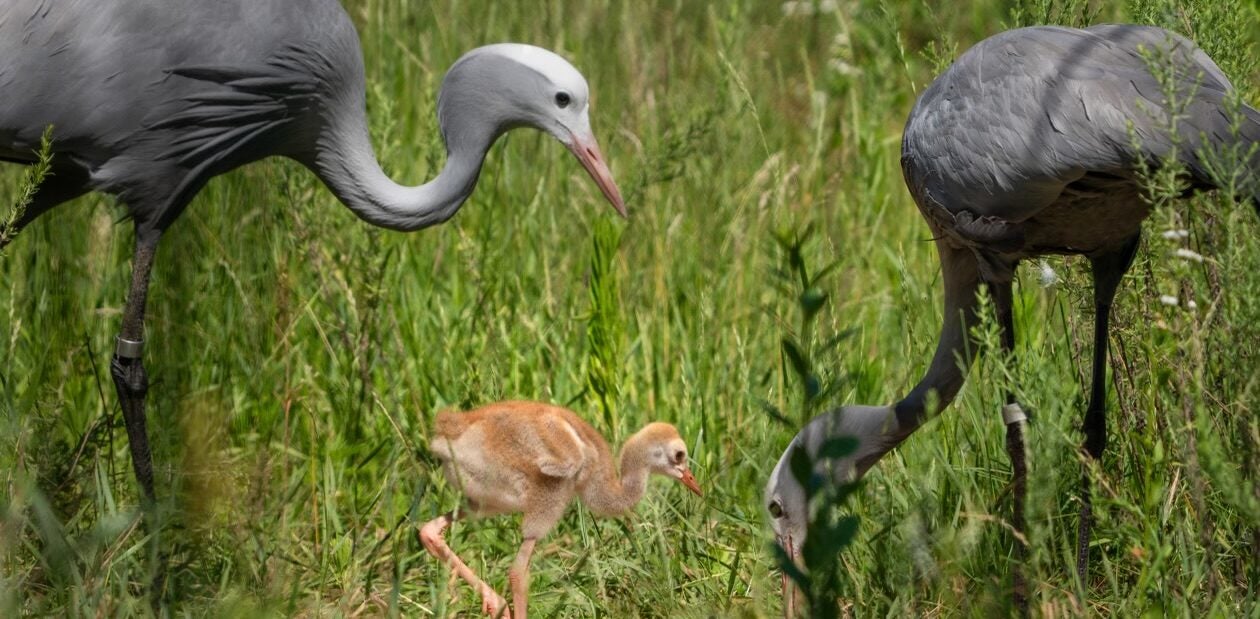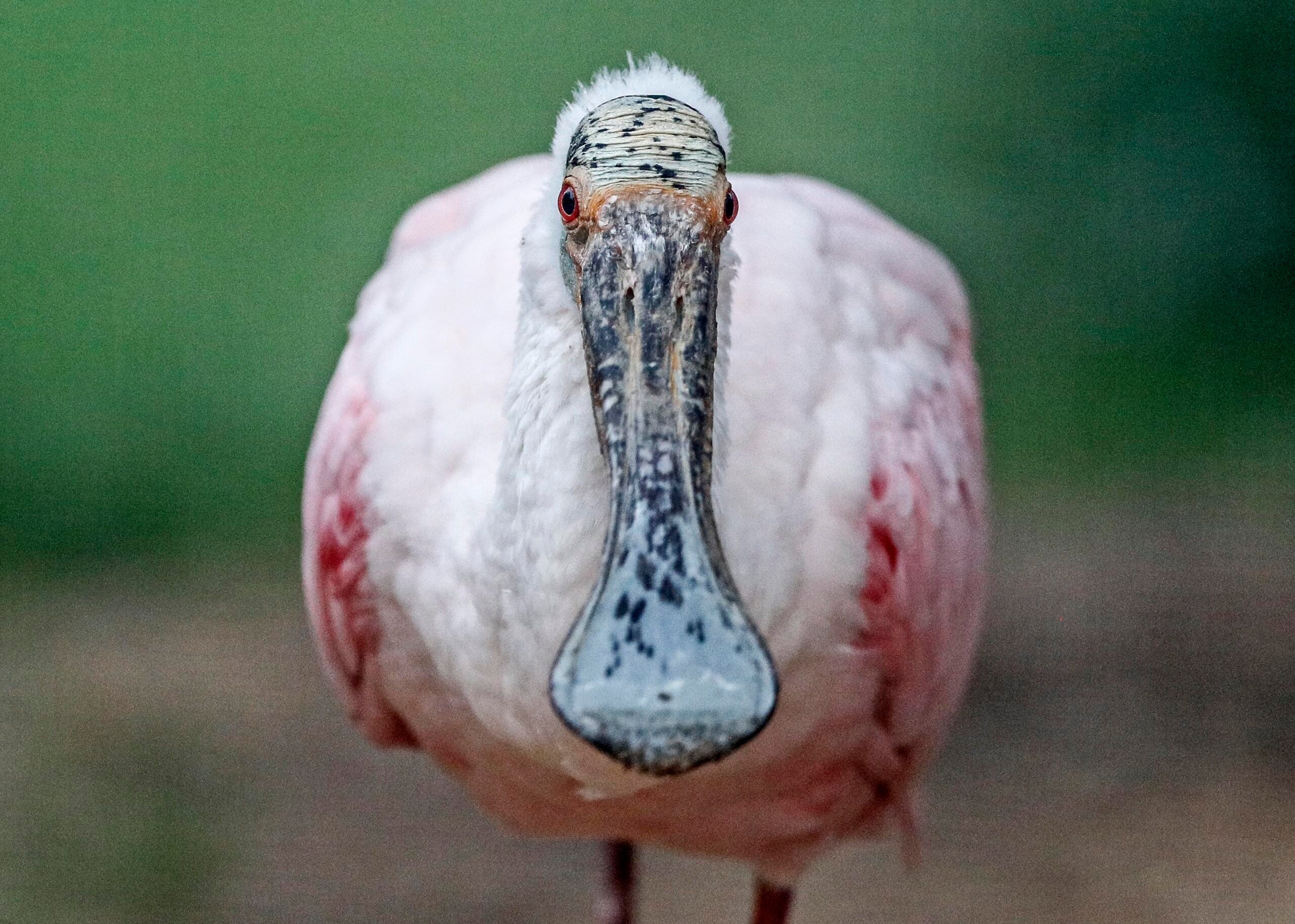Sandhill cranes are fairly easy to spot today, but they nearly vanished less than a century ago.
It’s their remarkable story of recovery that has inspired conservationists to plan the first Great Midwest Crane Fest, set for Nov. 10-12 in Baraboo.
“This festival is to bring together our local community and celebrate, what we feel, is one of the great conservation stories of the Midwest,” said Richard Beilfuss, CEO and president of the International Crane Foundation, or ICF. It’s an event two years in the making — postponed due to pandemic restrictions — backed by decades-worth of efforts honoring conservation efforts by ICF and The Aldo Leopold Foundation.
News with a little more humanity
WPR’s “Wisconsin Today” newsletter keeps you connected to the state you love without feeling overwhelmed. No paywall. No agenda. No corporate filter.
Cranes are among the oldest living bird species in the world, soaring through the skies for millions of years.
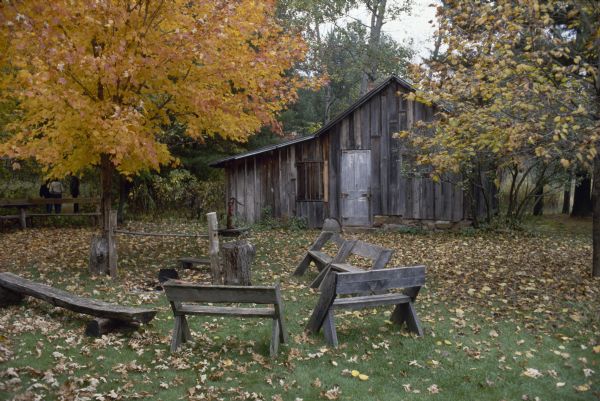
In 1937, renowned Wisconsin conservationist Aldo Leopold wrote one of his most famous essays, “Marshland Elegy,” warning sandhill cranes could become extinct in Wisconsin and the upper Midwest. Around that time, the species had dwindled to just 25 breeding pairs in Wisconsin.
Now, the Midwest is home to more than 15,000 sandhill cranes. And the eastern population has grown to about 90,000, according to Buddy Huffaker, executive director of the Aldo Leopold Foundation.
“Cranes can end up being a keystone species, in terms of how we think about and understand the natural world,” he said. “And so as crane populations increase and become stable, that is often a reflection of good quality habitat that exists for them, sustainable and scientific hunting approaches, and that kind of connection between conservation and agriculture.”
He and Beilfuss agree that the reformation of hunting laws, farmers supporting birds and the restoration of wetlands — used as breeding grounds for cranes — helped the population rebound.
In Huffaker’s eyes, more people are also starting to appreciate “the beauty and majesty of cranes.” He said they represent a powerful story when people unite behind a common cause to protect wildlife. They also serve as an important reminder of the efforts it took to get them back and how they contribute to a healthy environment.
Beilfuss said most of the world’s cranes are endangered. Fifteen crane species span five different continents, but unlike the sandhill crane, 10 of them are threatened, according to ICF.
“There’s just a few places around the world where cranes are doing really well, and one of them is right here,” Beilfuss said. In 2021, a bill to create a sandhill crane hunting season failed to pass the state Legislature.
“It’s a recovery we can all learn from,” Beilfuss said.
Beilfuss said supporting crane conservation is important because as a flagship species, building protected areas or roost sites can help lesser known or visible species.
“As we double down efforts to keep successful species successful, that can also help us secure critical habitat for species that aren’t doing so well,” he said, pointing to other birds like the bald eagle and cooper’s hawk that have bounced back despite years of decline.
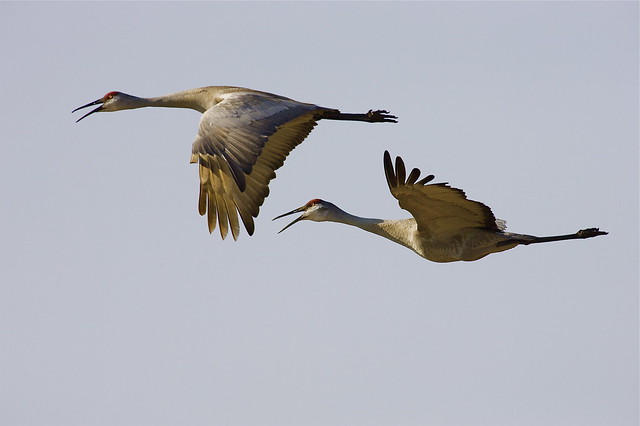
What to expect at the event
The Great Midwest Crane Fest will feature talks about crane biology, Ho Chunk history and culture, and opportunities to enjoy a photography workshop or evening documentaries. Visitors can see the historic Leopold shack that helped launch the modern conservation movement.
Participants can also see sandhill cranes out in the wild at night, but they must register in advance. Most of the sites are on Aldo Leopold Foundation property or agricultural fields on the surrounding farmer’s land in the Baraboo area.
“It’s like watching dinosaurs, and it really brings people together,” Beilfuss said.
Huffaker said he hopes the species’ “success story” inspires people to commit to conservation.
“It really is kind of an amazing wildlife spectacle that I think just kind of helps people pause for a moment and recognize the beauty of the natural world and the power of these natural cycles of migration and energy flows,” he said.
Wisconsin Public Radio, © Copyright 2025, Board of Regents of the University of Wisconsin System and Wisconsin Educational Communications Board.

